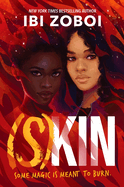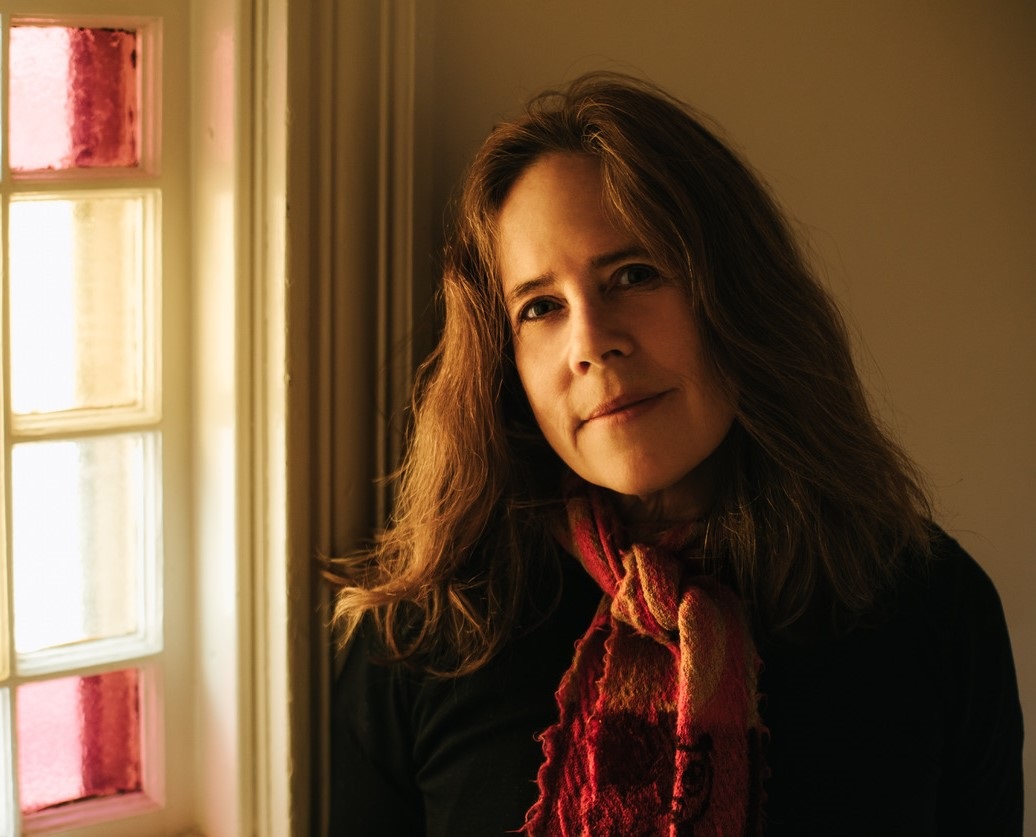 |
| photo: Adrianne Mathiowetz |
Award-winning author Pagan Kennedy is a long-time contributor to the New York Times, and has also published journalism in the New Yorker, the Atlantic Monthly, and many other outlets. She has received fellowships from the MIT Knight Science Journalism center, the Smithsonian, the National Endowment for the Arts and the Massachusetts Arts Council. Her 12th book, The Secret History of the Rape Kit: A True Crime Story (Vintage, January 14), is an investigation into the story of Marty Goddard, who kicked off a feminist revolution in forensics and then vanished into obscurity.
Handsell readers your book in 25 words or less:
The Secret History of the Rape Kit tells the story of an unsung hero of forensics who championed sexual-assault survivors.
On your nightstand now:
Tunnel 29 by Helena Merriman tells the true story of the students who dug an escape route out of East Germany in 1962. The book offers a chilling glimpse of how fascist leaders can rob people of their rights in the space of a few hours--the wall went up in Berlin in one night, a mousetrap operation that prevented almost everyone from fleeing.
Favorite book when you were a child:
Through the Looking-Glass by Lewis Carroll fueled an obsession with mirrors and the backwards reality hidden inside them. I spent hours searching for my own doorway into looking-glass land as a little kid... and I think that I've never really stopped searching for that doorway.
Your top five authors:
Robert Caro
James Baldwin
R.F. Kuang
Margaret Atwood
Angela Carter
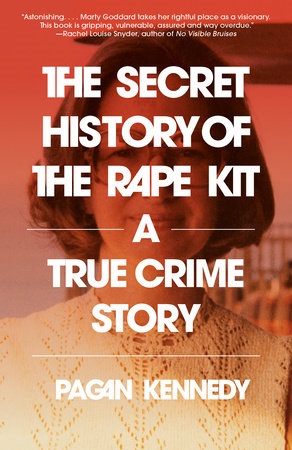 Book you've faked reading:
Book you've faked reading:
All the German ones! Das Kapital by Karl Marx, Logical Investigations by Edmund Husserl, and--obviously--everything by Hegel.
Book you've bought for the cover:
How to Blow Up a Pipeline by Andreas Malm. (Also bought it for the title!)
Book you hid from your parents:
The Other Side of Midnight by Sidney Sheldon.
Book that changed your life:
So many! But the one that pops into my mind is The Handmaid's Tale by Margaret Atwood, which I read (for the first time) when it debuted in the late 1980s. There was so much in that book that seemed plausible. I was particularly freaked out by one small scene: the main character feeds her bank card into an ATM machine and discovers that she no longer can get access to her own money. This is how she learns that the leaders of Gilead have, in one swoop, stolen the bank accounts of all citizens with female names.
Favorite line from a book:
"My very photogenic mother died in a freak accident (picnic, lightning) when I was three and, save for a pocket of warmth in the darkest past, nothing of her subsists within the hollows and dells of memory, over which, if you can still stand my style (I am writing under observation), the sun of my infancy had set: surely, you all know those redolent remnants of day suspended, with the midges, about some hedge in bloom or suddenly entered and traversed by the rambler, at the bottom of a hill, in the summer dusk; a furry warmth, golden midges." --Vladimir Nabokov, Lolita.
Book you most want to read again for the first time:
What I'd really like to recapture is the vividness of my reading experience when I was eight years old. That was the first year I plowed through all the Narnia books, and my imagination was so powerful--and visual--back then that reading felt like a waking dream or a deep enchantment. I remember "coming to" after hours of being immersed in a novel; my own real life seemed dim and unreal compared to the spectacle inside the book.











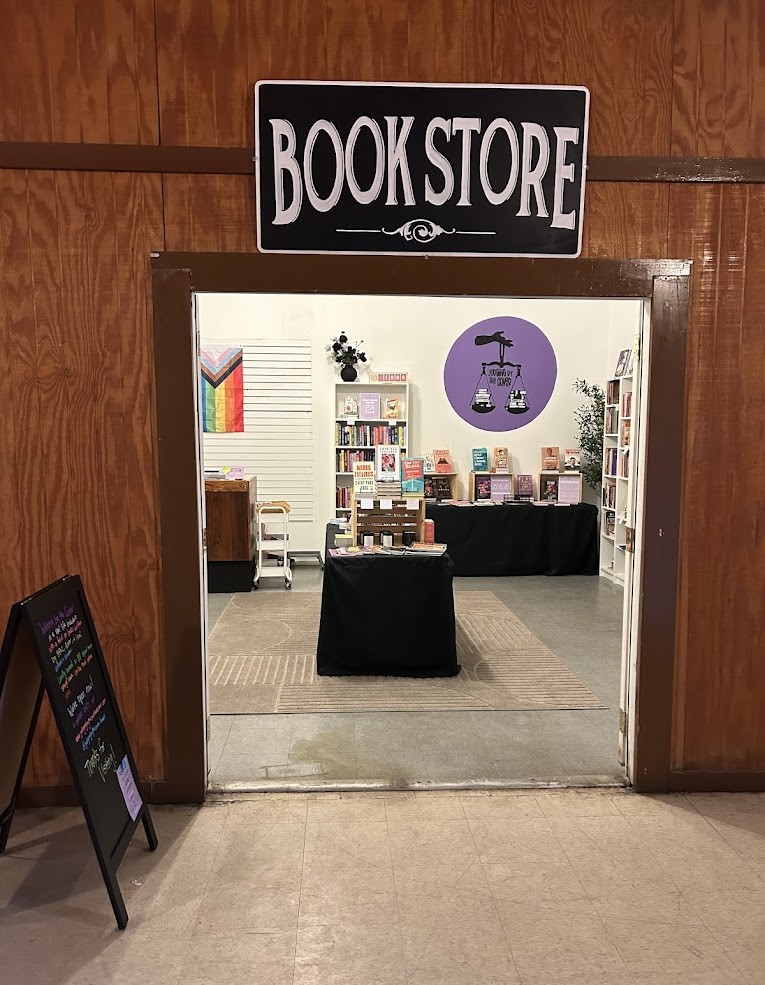 Now, Judging by the Cover has the opportunity to expand into a neighboring 1,000-square-foot space and is reaching out to the community for support to make this dream a reality.
Now, Judging by the Cover has the opportunity to expand into a neighboring 1,000-square-foot space and is reaching out to the community for support to make this dream a reality.
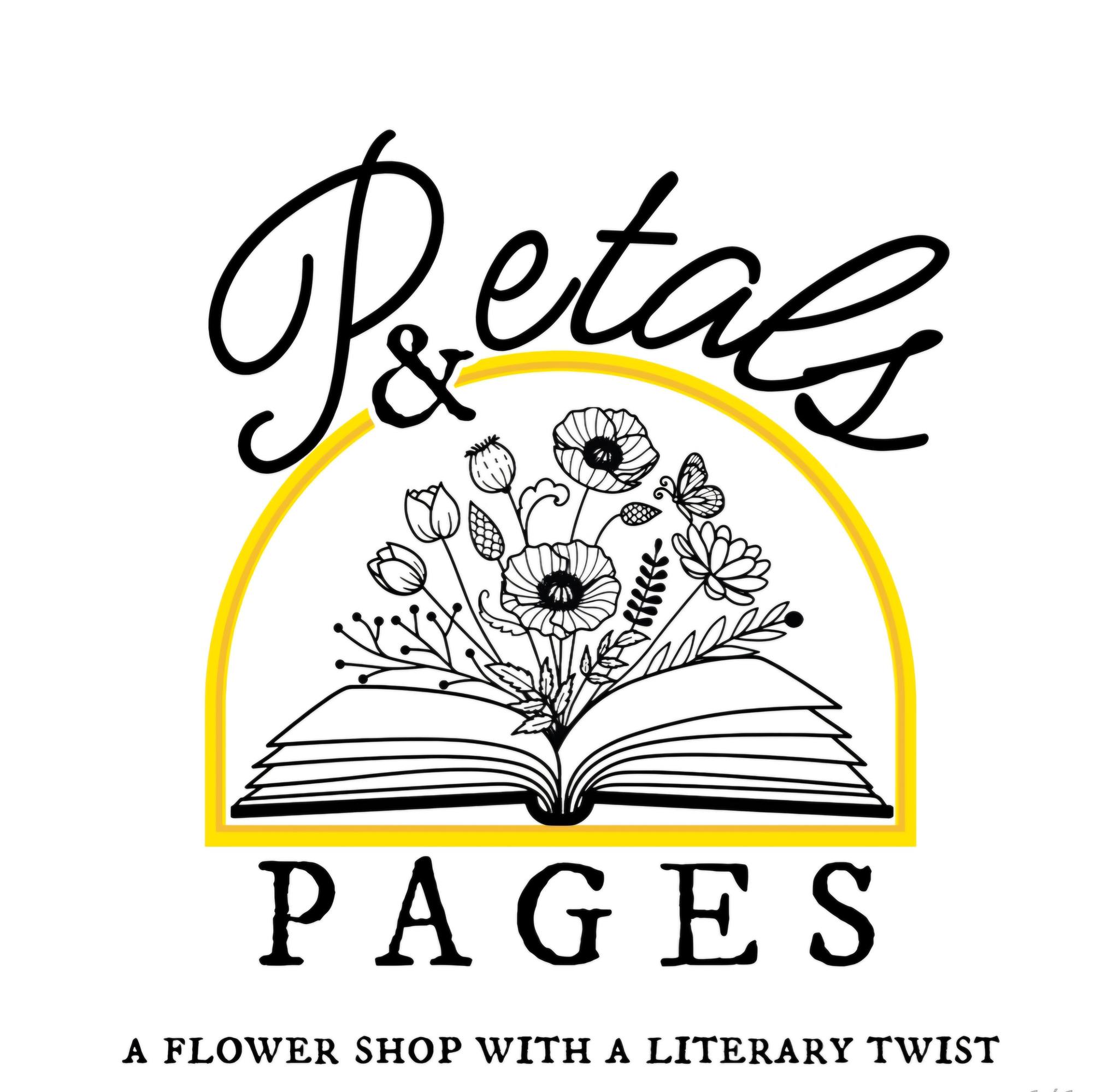
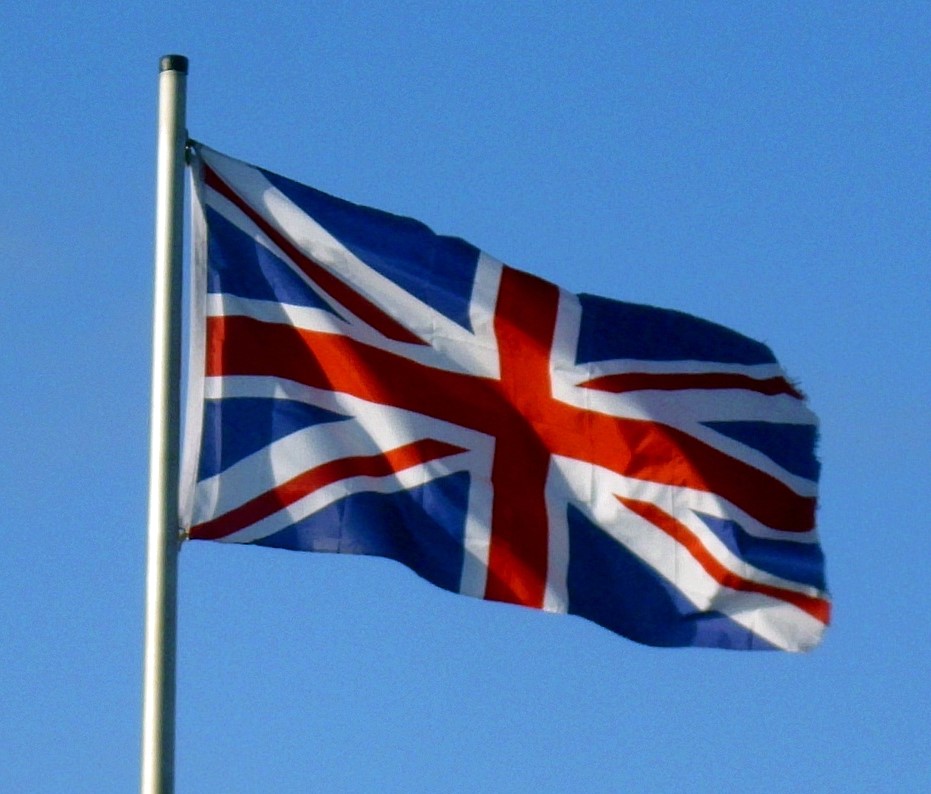
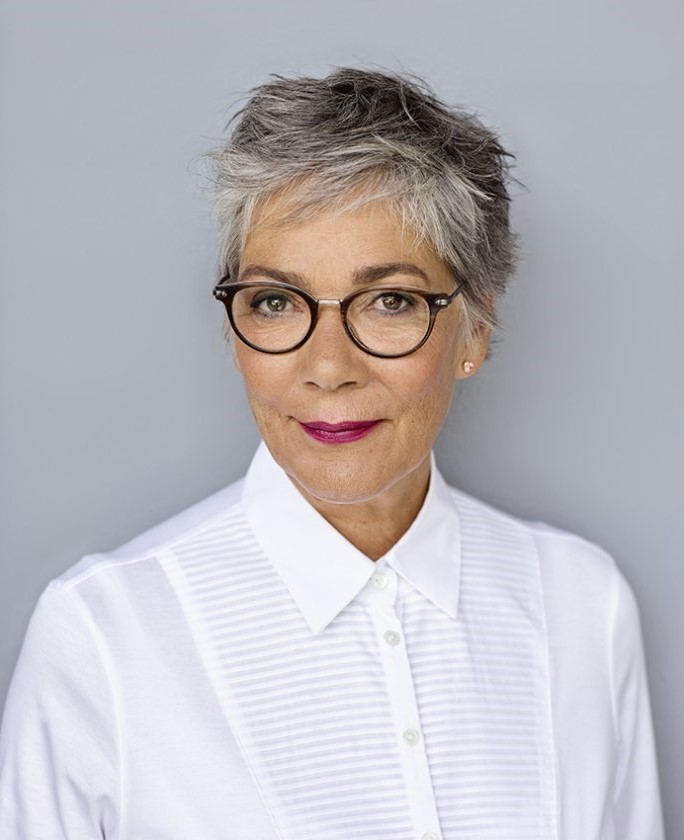
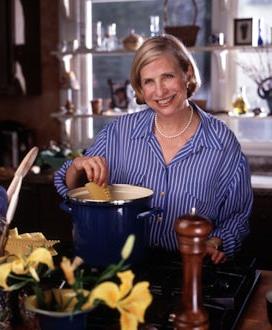

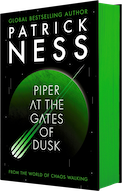
_Sarah_K._Peck.jpg)
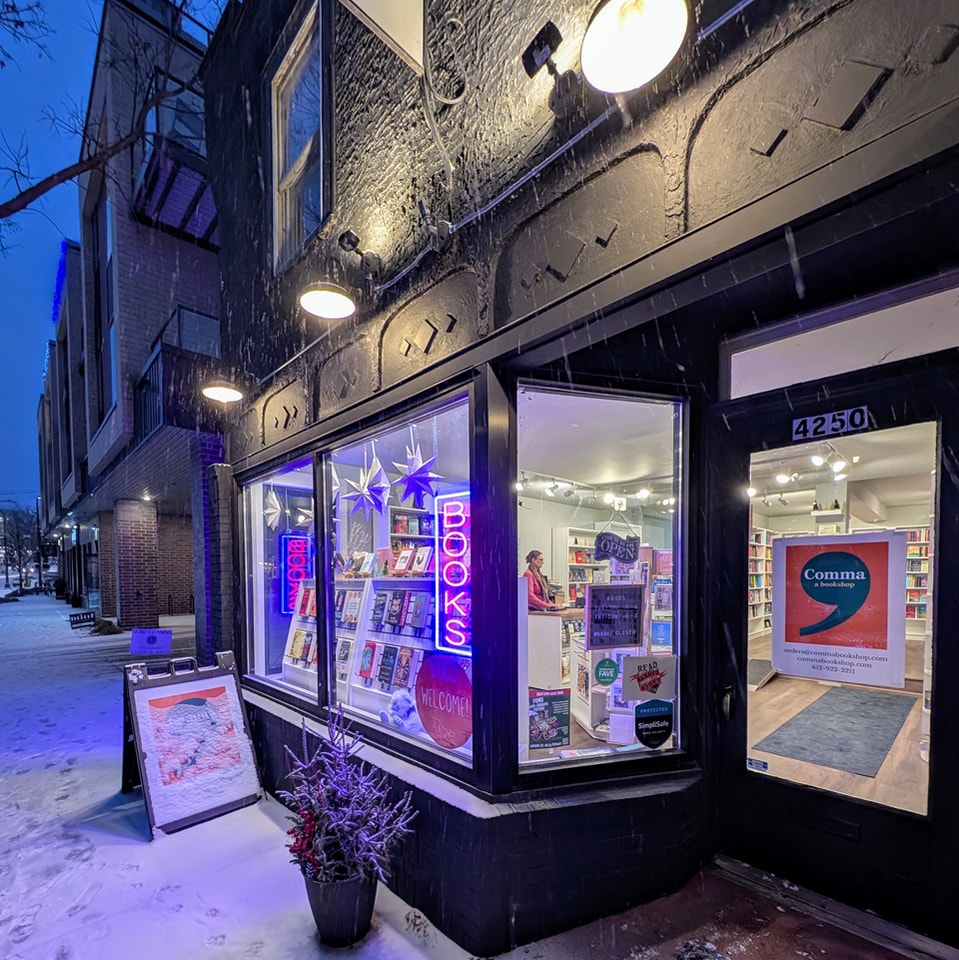 "
"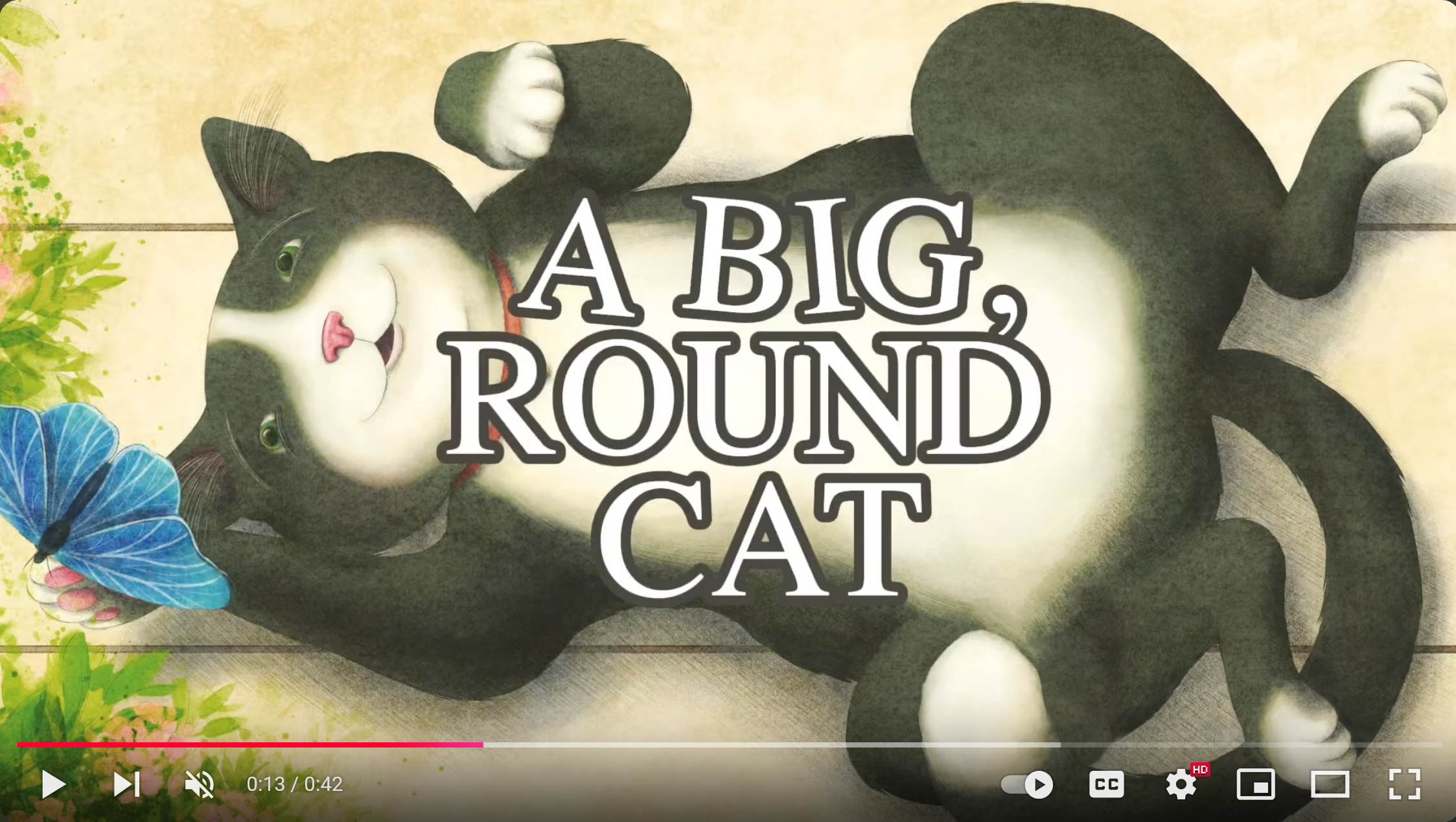 A Cat Like That
A Cat Like That
 Book you've faked reading:
Book you've faked reading: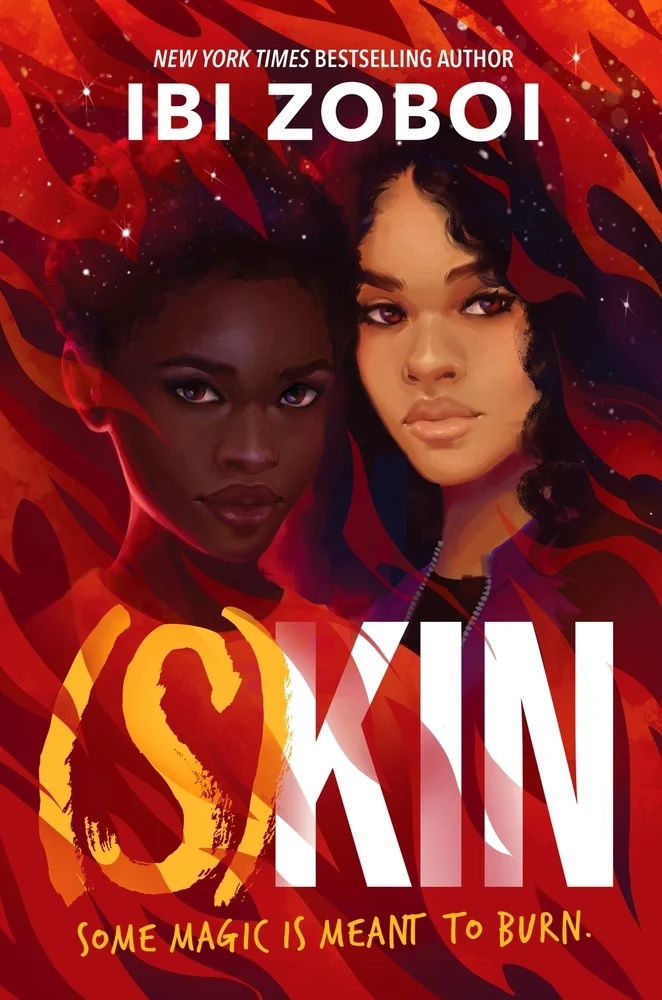 National Book Award finalist and Coretta Scott King Award winner
National Book Award finalist and Coretta Scott King Award winner 